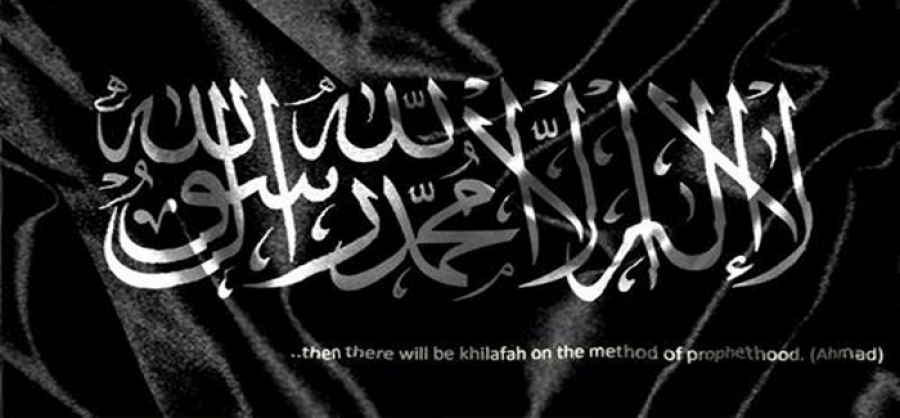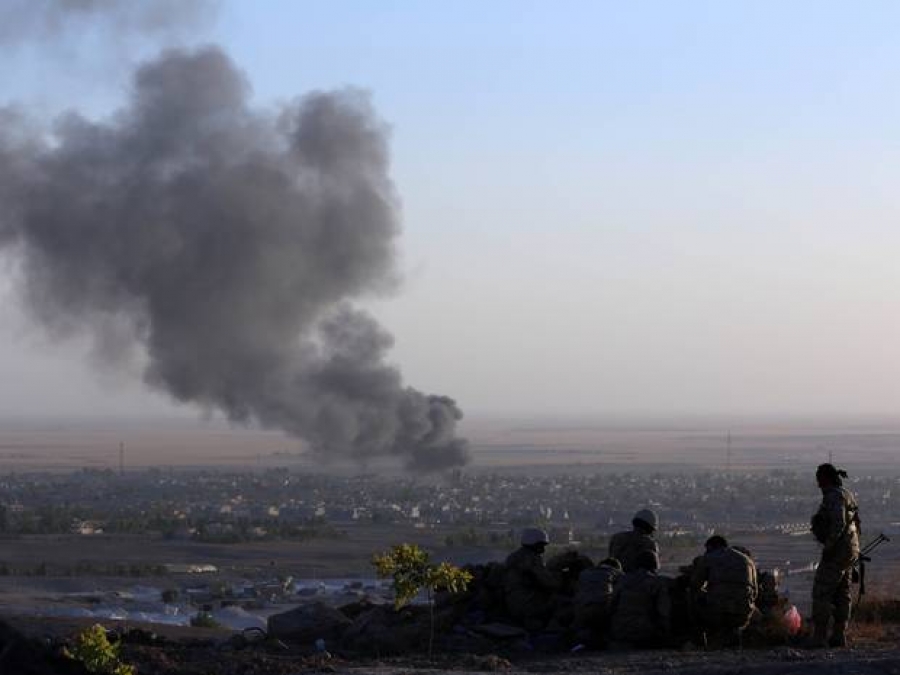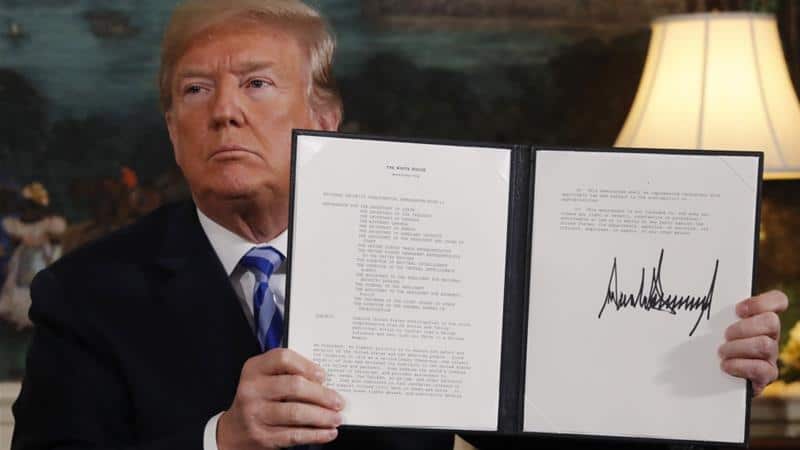Question: Assalamu Alaikum our honorable Ameer,
We say that establishment of Khilafah and Jihad are different obligations justifying the point that Jihad can’t be the methodology to establish the Khilafah. Can you explain that these two are different obligations?
May Allah (swt) accept from you and give you the responsibility to guide the Ummah. (End)
Answer: Wa Alaikum Assalam wa Rahmatullahi wa Barakatuh,
There are basic issues we should understand well because they clarify the answer:
1. The required evidence (Daleel) for deducing a legal rule (Hukm Shar’i) to an issue is the one that pertains to that issue rather than the evidence that pertains to another issue:
a. For example, if I wanted to know how to perform ablution, I would search for evidences pertaining to ablution where they are found, whether revealed in Mecca or in Medina. The Shar’i ruling is then extracted duly the followed methodology (Usul)… But I would not research evidences on fasting to extract from them the ruling on ablution and how to perform it.
b. Another example, if I wanted to know the Ahkam of pilgrimage (Haj), I would search for evidences pertaining to Hajj where they are found, whether revealed in Mecca or in Medina. The Shar’i ruling is then extracted duly the followed Usul… But I would not research evidences on salat (prayer) to extract from them the ruling on Hajj and how to perform it.
c. Similarly, if I wanted to know the Ahkam of Jihad: whether as an obligation on the individual or as a collective obligation, in defense or aggression, and what pertain to Jihad including the Ahkam of conquests (fat’h) and spreading Islam, whether conquest takes place by force or through conciliation… I would research the evidences on Jihad where they are found, whether revealed in Mecca or in Medina, and deduce the Shar’i ruling duly the followed Usul… But I would not research the evidences on Zakat to extract from them the ruling on Jihad and its details.
d. And so in every issue, evidence is researched whether revealed in Mecca or in Medina, and from these evidences the Shar’i ruling is taken for the issue duly the followed Usul.
2. Now we come to the question of establishing an Islamic state, and we search for its evidences, whether revealed in Mecca or in Medina, and extract the Hukm Shar’i for it duly the followed Usul.
a. We do not find any evidence to establish an Islamic state, except that which was demonstrated by RasulAllah (saw) in his Seerah in Mecca. He called the people to Islam secretly, then created a believing, patient group … then he proclaimed it among the people in Mecca and its surroundings during the seasons … He then sought Nusrah (support) from the people of power and strength. Eventually Allah honored him with al-Ansar, so he (saw) emigrated to them and established the state.
b. The Prophet (saw) did not fight the people of Mecca to establish the state, and did not fight any tribe in order to establish the state, despite that he (saw) and his companions, Allah be please with them, were heroes in fighting, strong and pious… but he (saw) did not use fighting for the establishment of the state, but continued to call to Islam and seek the Nusrah from the people of power until Al-Ansar responded to him and established the state.
c. Then the Ahkam of Jihad were obliged for the conquest (Fat’h), the spreading of Islam, and the protection of the Islamic state. Jihad was not obliged for the establishment of the state, and all this is clearly evident in his Seerah.
d. And so if we want to know how to establish the state, then this should be taken from the action of RasulAllah (saw) in Dawah, seeking Nusrah, the response of Al-Ansar and the establishment of the state … And if we want to know the Ahkam of Jihad, these should be taken from the Shariah evidences related to jihad. Thus, the evidence for every obligation is taken from the Shariah evidence partaking to it; the establishment of the state is taken from the evidences pertaining the establishment of the state, and Jihad from the evidences of Jihad, and we have to commit to it. And Allah is the source of success.
Your brother,
Ata Bin Khalil Abu Al-Rashtah
28 Rajab 1435
2014/05/27
![]()

















